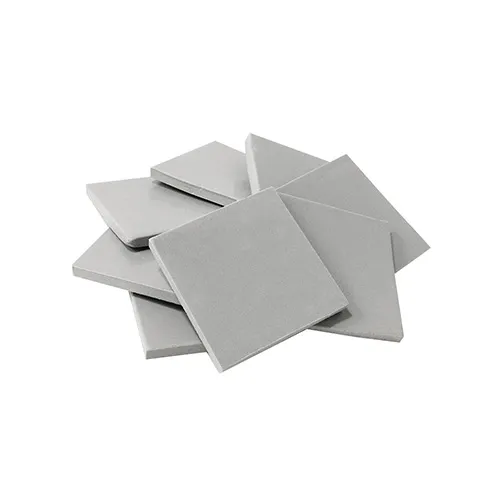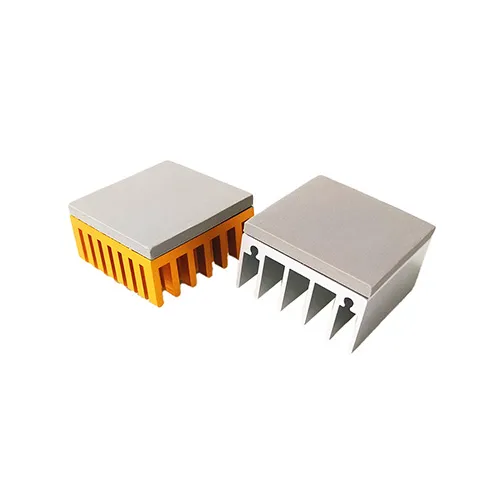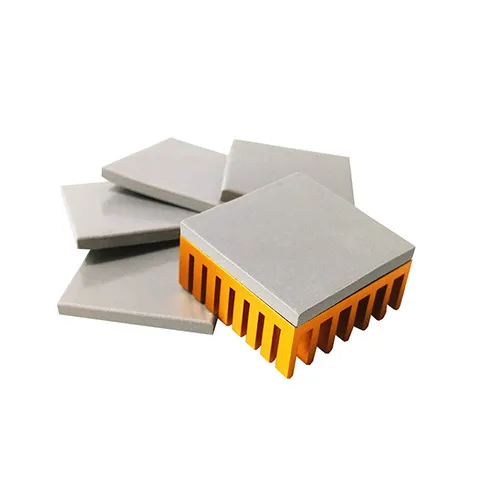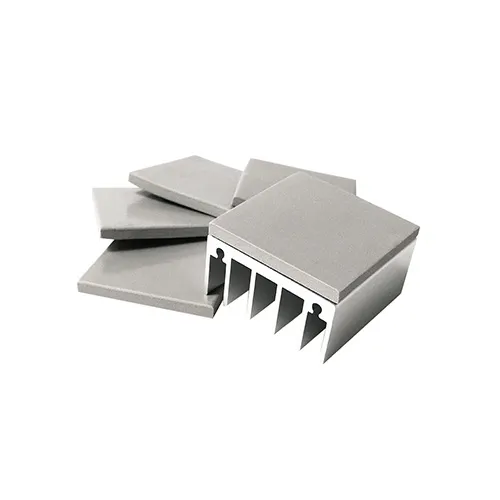In accordance with the European Union’s General Data Protection Regulation (GDPR), we are committed to safeguarding and ensuring your control over your personal data. By clicking “Accept All” you are permitting us to use cookies to enhance your browsing experience, assist us in analyzing website performance and usage, and deliver relevant marketing content. You can manage your cookie settings below. By clicking “Confirm” you are agreeing to the current settings.
TG-APC93 / PC93 Non-Silicone Thermal Pad
- Non-Silicone and oil-bleed
- Ultra soft and great elongation
- Very low thermal impedance
- Electrical insulation
- Great thermal conductivity
TG-APC93 Non-Silicone thermal pad is used to fill the uneven gap between the heat source and the heat sink, and remove the heat generated by electronic products to achieve The effect of cooling and heat dissipation. It is a high thermal conductivity, considerable viscosity, and low thermal resistance, it can effectively replace non-silicone thermal paste and mechanical fixation characteristics.
Applications that require no silicone
PC93 Non-Silicone thermal pad is a thermally conductive silicone film. It is suitable for optical instruments, lens readers, and all devices sensitive to silicone. It has a thermal conductivity of 2.1 W/m·K and has the advantages of low thermal resistance and high thermal conductivity.
Applications:
Electronic components - 5G, Aerospace, AI, AIoT, AR/VR/MR/XR, Automotive, Consumer Devices, Datacom, Electric Vehicle, Electronic Products, Energy Storage, Industrial, Lighting Equipment, Medical, Military, Netcom, Panel, Power Electronics, Robot, Servers, Smart Home, Telecom, etc.
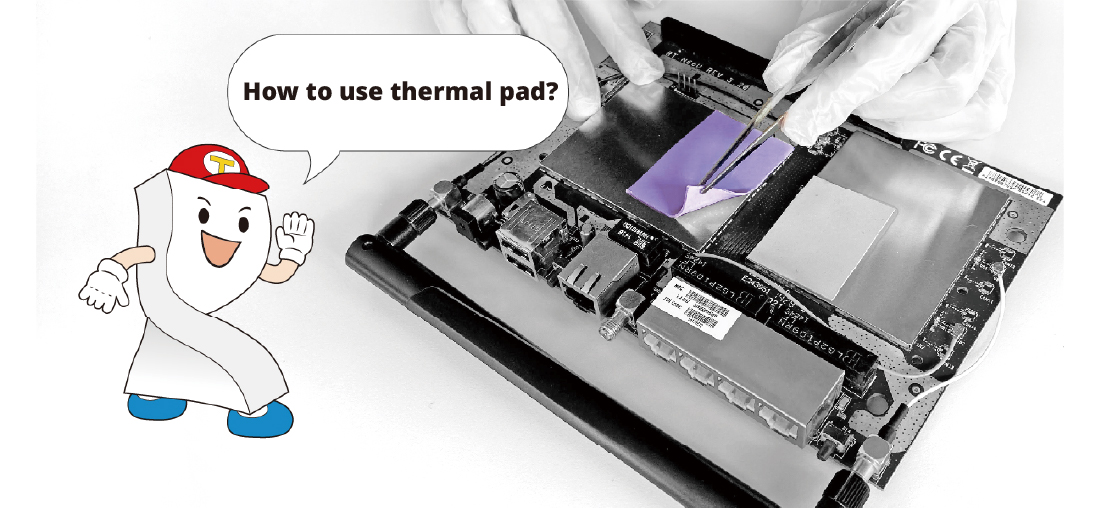
Tearing off the release paper.
Attach the thermal pad to the heat source.
Remove the protective film.
Apply components onto the exposed part.
Thermal Conductivity
Dielectric Breakdown Voltage
Hardness


